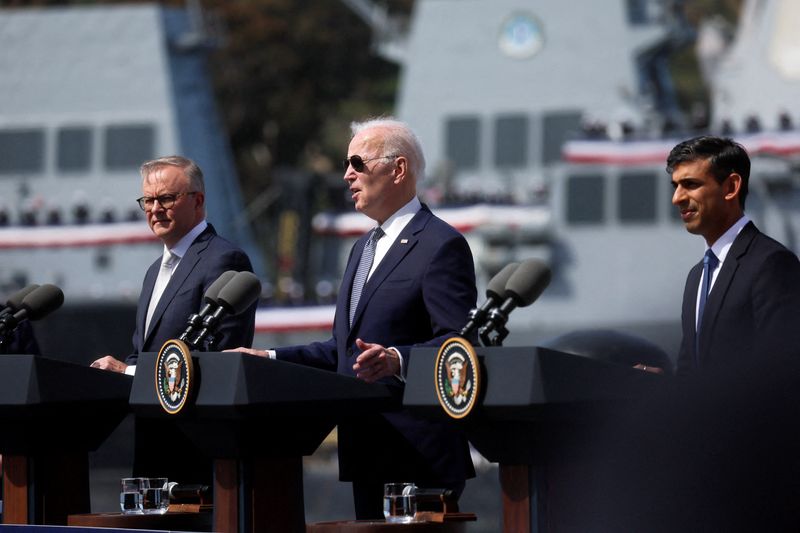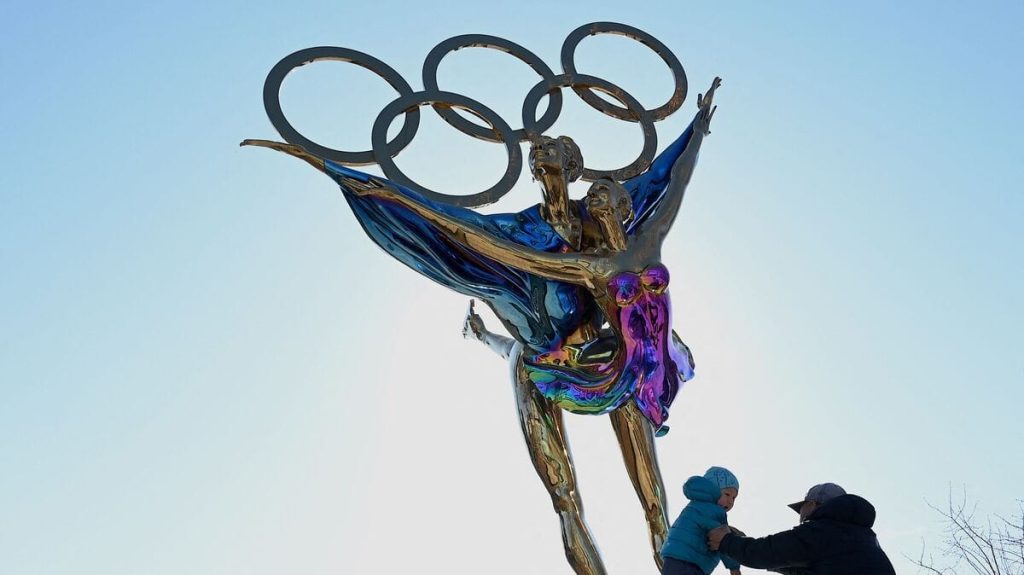The United Kingdom joined the United States and Australia on Wednesday in a “diplomatic boycott” of the Beijing Winter Olympics, another setback for the Chinese regime that the West accuses of trampling on human rights.
• Read also: Diplomatic boycott of the Olympics: Trudeau will announce his decision
• Read also: Alex Harvey against the Canadian boycott of the Beijing Olympics
• Read also: The United States announces a diplomatic boycott of the 2022 Beijing Olympics
In response to a question Wednesday during the weekly question-and-answer session before Parliament, British Prime Minister Boris Johnson announced that there would be a “diplomatic boycott of the Beijing Winter Olympics”.
He went on to say that British athletes will go to the Olympics starting on February 4, stressing that the sports boycott is “not a policy” of the United Kingdom.
There are many sources of tension between London and Beijing, between respect for human rights in Xinjiang, the erosion of freedoms in the former British colony of Hong Kong, and the exclusion of the Chinese giant Huawei from Britain’s 5G infrastructure.
Boris Johnson assured British MPs that he regularly raises the issue of human rights with the Chinese regime, at the heart of the decision of Western countries.
If China has not yet responded to the British announcement, the US decision has infuriated Beijing, and scorned Canberra.
Listen to international political columnist Loïc Tassé with Benoit Dutrizac on QUB Radio:
In explaining its decision, Australia cited the human rights issue in Xinjiang, but there are other differences between Canberra and Beijing, ranging from the issue of Australian foreign interference laws to the recent decision to acquire nuclear-powered submarines.
Australian Prime Minister Scott Morrison said: “Australia will not back down from the consistent position it has taken to defend its interests, and it is not surprising, of course, that we are not sending Australian officials to these Games.”
In response to a question during a press conference on Wednesday, Chinese diplomatic spokesman Wang Wenbin said his country had never intended to invite senior Australian officials.
“Everyone doesn’t care whether they come or not,” he said. “Their political policies and their mini-games will not change the success of the Olympic Games.”
Wang said the Canberra decision “shows everyone to see that the Australian government is blindly following in the footsteps of a particular country,” without mentioning the United States.
In fact, earlier this week Washington declared a “diplomatic boycott” in the name of defending human rights. Beijing responded that “the United States will pay for the bad.”
In response to the Australian decision, Sophie Richardson, China director of Human Rights Watch, hailed a “decisive step toward challenging the crimes against humanity committed by the Chinese government against Uyghurs and other Turkish communities.”
According to human rights organizations, at least one million Uyghurs and other Turkic-speaking minorities, most of whom are Muslims, are held in camps in Xinjiang. China is accused of forcibly sterilizing women there and forcing forced labor.
Beijing says the camps are in fact vocational training centers to combat extremism.
Relations between Australia and China have deteriorated sharply in recent years. China has imposed a series of sanctions on Australian goods amid a political struggle that has pushed bilateral relations to their gravest crisis since the bloody crackdown on pro-democracy protesters in Beijing’s Tiananmen Square (1989).
China has been particularly upset about the ban on awarding 5G contracts to Huawei, and has requested an independent investigation into the origin of the coronavirus pandemic.
Australia’s decision to equip its naval fleet with nuclear-powered submarines as part of a new defense pact with Britain and the United States, widely seen as an attempt to counter Chinese influence in the Pacific region, has angered Beijing.

“Total coffee aficionado. Travel buff. Music ninja. Bacon nerd. Beeraholic.”







More Stories
Quebec delegation to Gaza: “We are committed to knowing that there is an element of risk”
Senate: Rapid dismissal of charges against Mayorkas
Volcano erupts in Indonesia, hundreds of residents evacuated